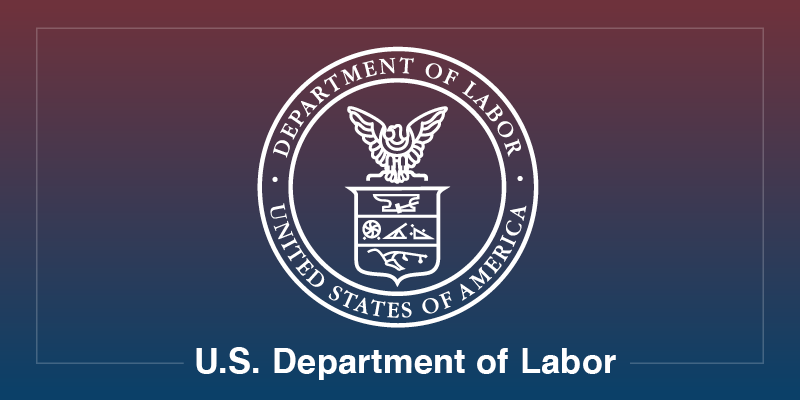That must always be up to the person tipping, not to anyone else. Especially not up to custom.
That's how it ought to be, but in societies where people are routinely underpaid and tipping is (albeit informally) an essential part of server income, things change. I've read of an American restaurant owner trying to change their business model to 'no tipping,' and it didn't go well because so many American consumers are so habituated to throwing extra money at some types of service people.
Where and when did that ever happen?
I'm talking about posted prices. Due to tipping, the ownership can pay employees less and have lower operating costs, so the restaurant business, which from what I understand has tight profit margins (at least the portion of it I'm apt to eat in), they can post lower food prices. By the time you tack on tip and whatever % sale tax (something else many foreigners aren't used to), your actual bill is much higher.
Tipping has lowered prices in some places in the US? Everthing always only seems to go up in price.
Yes. Inflation in recent years has been bad. What's more, in arguments over tipping the plight of servers facing higher costs of living is often put forward, but the plight of customers facing the same seldom is.
And cash has not come back, electronic payments have completely taken over the younger generations.
And with the fixation on %'s, I suspect many customers would rather poke the 18% button on the billing screen than do the math, much less carry around a bunch of cash.
In my opinion, what we do in America as far as this peculiarly American custom is not relevant to the rest of the world.
Places frequented by Americans tend to get 'Americanized' in a variety of ways, some good, some bad. I can spend a week in Cozumel, Mexico knowing practically no Spanish with no significant language trouble. Restaurant food often gets shifted toward American palates.




